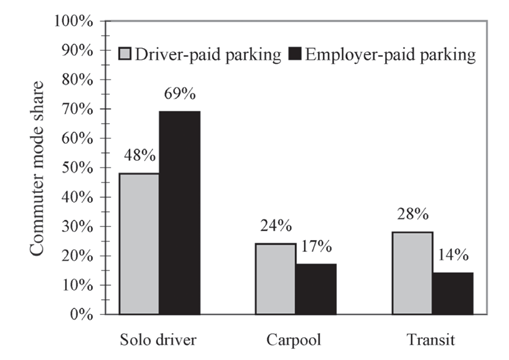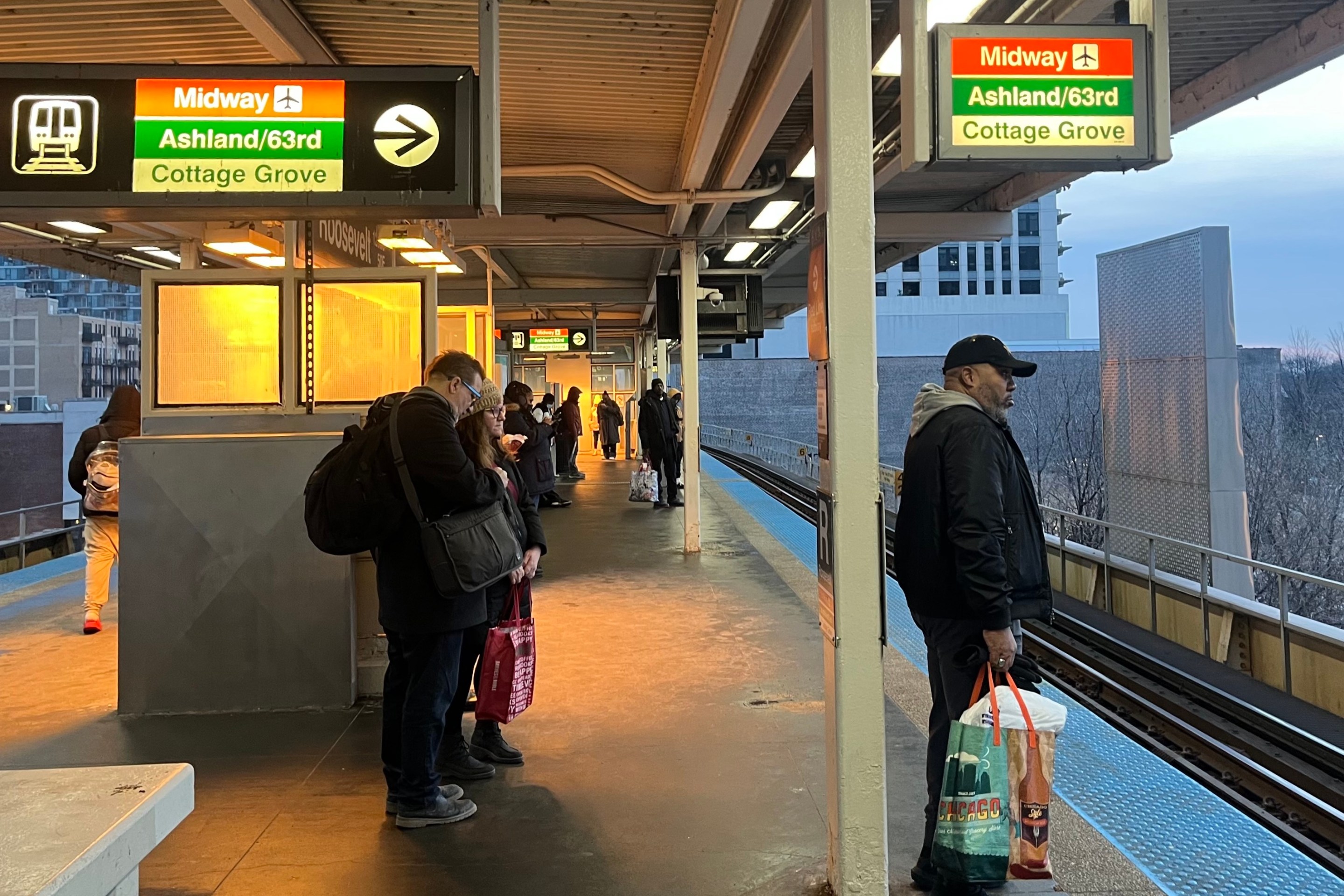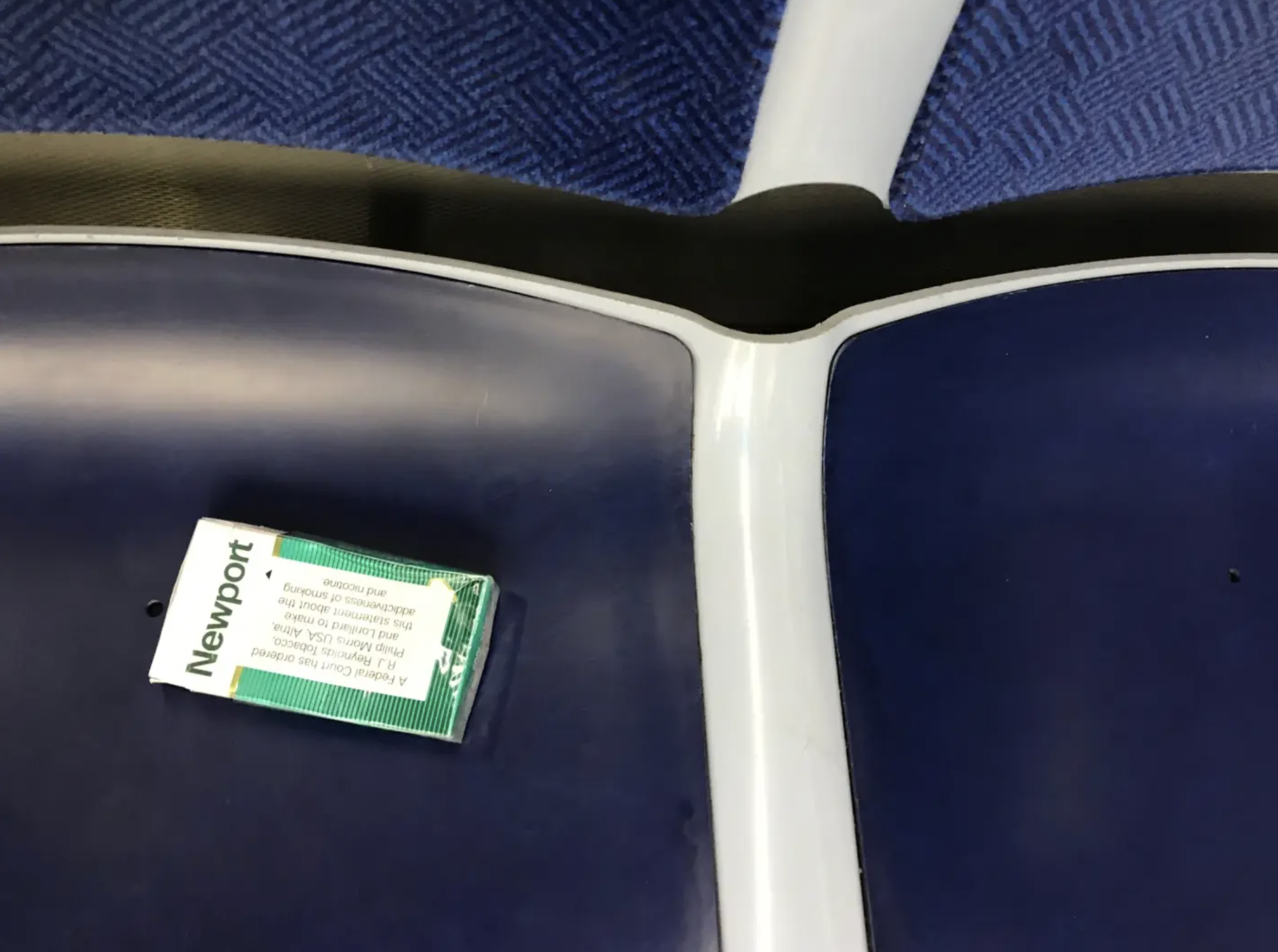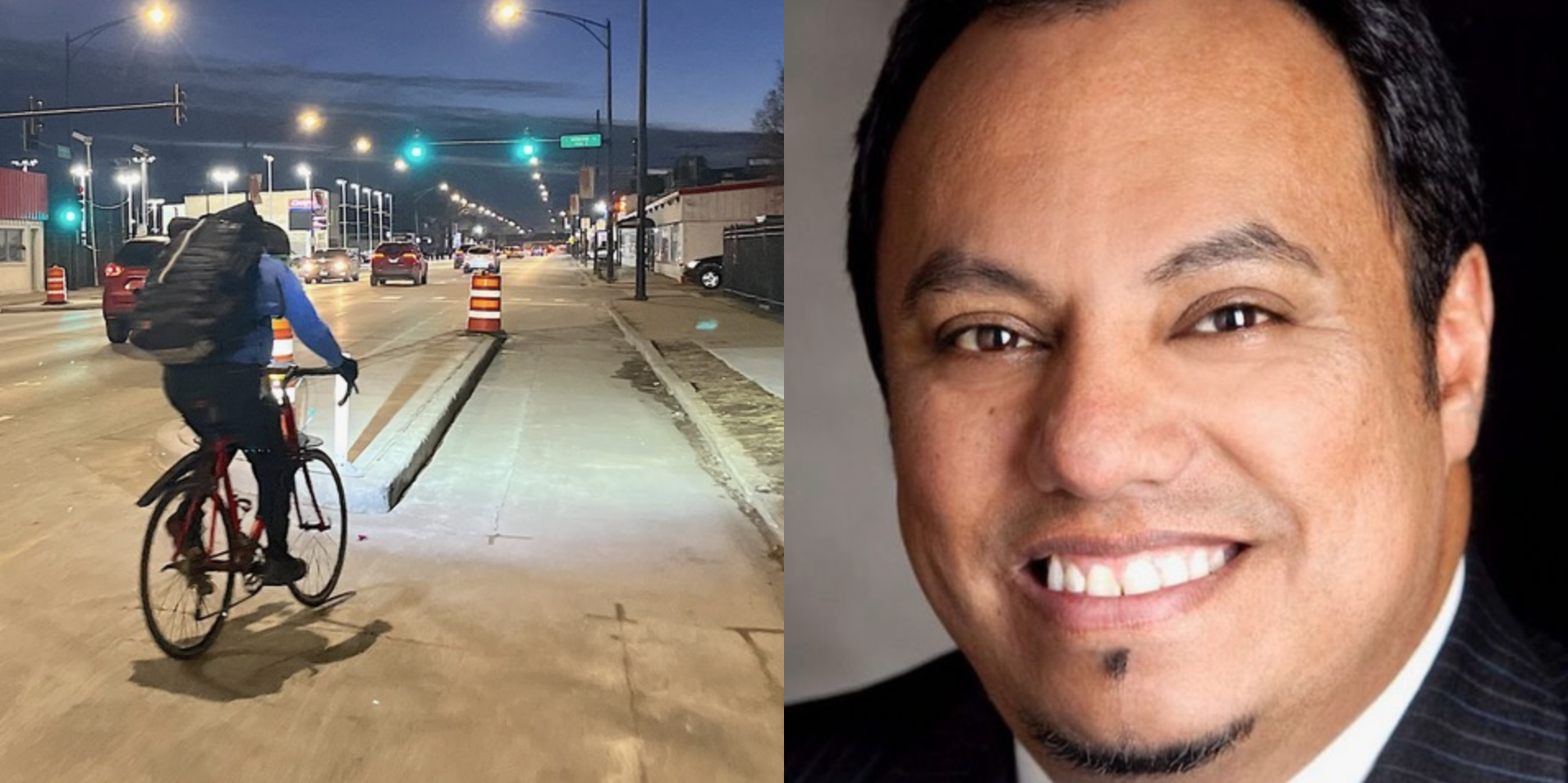Employers who pay the costs of parking for their employees are providing "an invitation to drive to work alone," in the words of Donald Shoup [PDF]. Free parking perks subsidize people who would have driven to work anyway and cause many people to commute by car instead of walking, biking, or taking transit.
Shoup recommends leveling the playing field with a policy called "parking cash out," in which employers who provide parking benefits give the equivalent value in cash to workers who don't car commute. Now a version of that idea has been introduced in the DC Council by members Charles Allen, Mary Cheh, and Brianne Nadeau.
The Wash Cycle has the details:
The Transportation Benefits Equity Act would require employers who offer parking benefits to employees to give them the option of taking a "cash out" instead or pay a fee. More specifically, they could take an equivalent amount as the transit benefit, the bicycle commuter benefit, cash or one of these benefits and cash.
For bike commuters it means they could take the first $20 of parking benefit equivalent as the bicycle commuter benefit and the rest as cash. Pedestrians would have to take the whole thing as cash, which is worth a little less because it's all taxable then, but that's because there is no federal pedestrian commuter benefit.
The fee option would allow employers to pay a $100 Clean Air Compliance fee for each employee "offered" the parking benefit instead of offering the cash out. Now I'm not sure about the reason for this part or exactly how it would work. If every employee is offered a parking benefit, then it would seem they would need to pay the fee for each employee, even for those who choose to walk. The math on when that would be cheaper than allowing employees offered parking to opt for cash instead has got too many variables (# of employees offered parking vs. # that take another benefit, cost of parking in the area) for me to immediate see whether a lot of employers would take it or not, so I wonder if Council has any idea. Strategically speaking it might lead more employers to offer no parking benefit - which would have the same effect or better.
Regardless, the fee would still help cyclists, pedestrians and transit users as it would go to a Transportation Demand Management Fund, which could be used for promoting, improving access to, and educating the public about alternative transportation; reducing SOV trips and developing transportation innovations.
More recommended reading today: Sightline reports that Seattle has -- again -- made small apartments illegal, with negative effects for affordability. And Sarah Jo Peterson looks at how vehicle ownership rates among American families have shifted in recent years.






